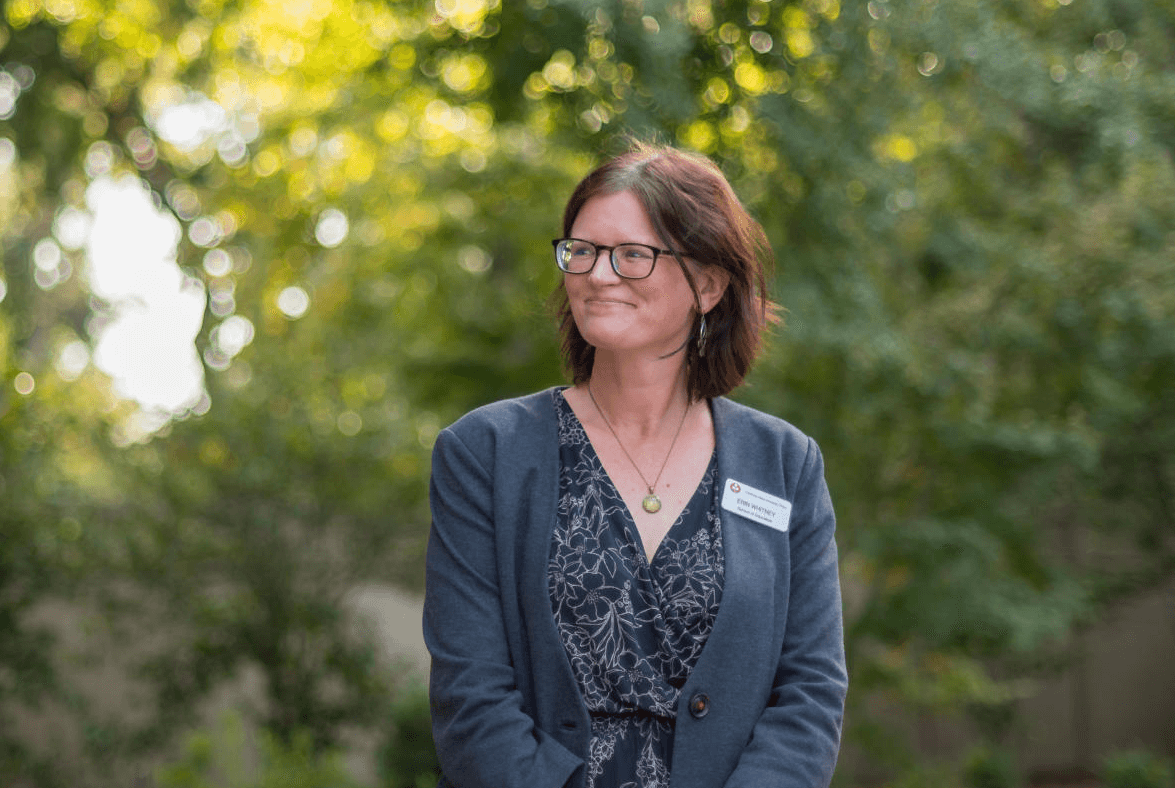Five Faculty Recognized with Professional Achievement Honors
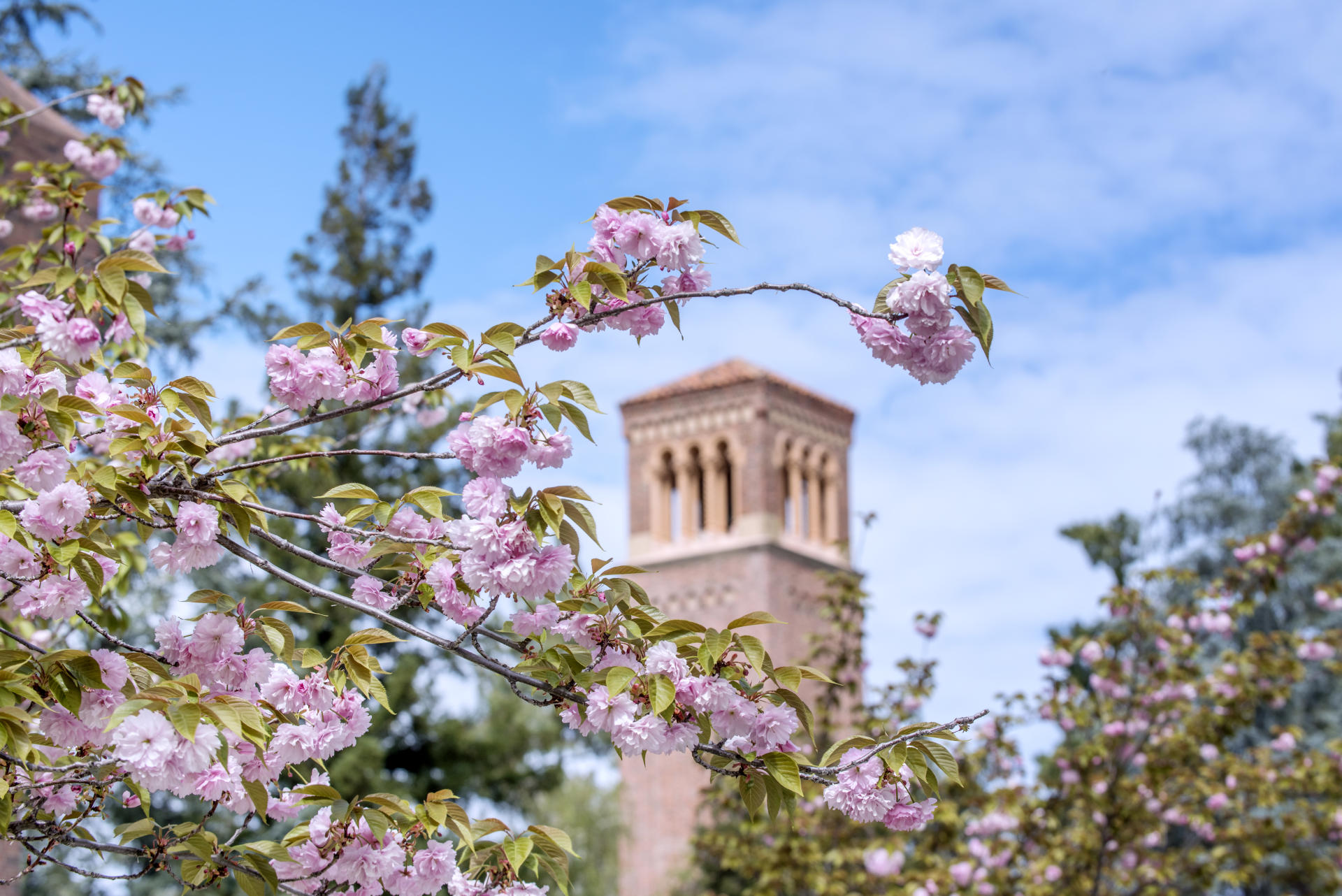
Five Chico State faculty members are being celebrated as recipients of the University’s Professional Achievement Honors, which recognize exemplary teacher-scholar achievement on our campus.
“These exceptional recipients are bringing prominence to Chico State through their expertise, research, and scholarly engagement on a regional, national, and even global level,” said Ahmad Boura, vice president for University Advancement and Chief Executive Officer of the University Foundation Board. “The Board is delighted to celebrate their contributions and continued endeavors through these awards with full confidence they will further our students’ learning and our esteemed reputation.”
This year’s Professional Achievement Honors recipients, as selected by the University’s Faculty Recognition and Support Committee and sponsored by the University Foundation Board of Governors, are:
Don Hankins
Geography and Planning
Hankins’ academic and professional interests range from wetlands and environmental policy to wildland biodiversity. But as Chico State’s resident “pyrogeographer,” he may be best known for his fierce advocacy of Indigenous fire practices and how they can help prevent catastrophic wildfires.
As a member of the Plains Miwok nation, Hankins has worked tirelessly to educate his students, state and federal agencies and lawmakers, and international audiences about the benefits of controlled burns, a practice of Indigenous tribes for centuries.
Since arriving at Chico State in 2005, Hankins has been awarded more than $970,000 in grants to fund his work, contributed to more than 15 peer-reviewed publications, and presented at over 50 regional, 10 national, and 20 international conferences in that time. Student success, however, remains at the heart of his work. From demonstrating the benefits of controlled burns at Big Chico Creek Ecological Reserve, where he has served as field director since 2008, to addressing the impacts of environmental decisions on our water supply, Hankins guides hands-on experiences for undergraduate and graduate students and future land stewards.
Hankins’ extensive leadership and volunteer experience includes serving as a Governor-appointed executive committee tribal representative in the Wildfire and Forest Resilience Task Force, as tribal representative for CalFire’s Wildfire Mitigation Advisory Committee, and as president and member of the California Indian Water Commission.
Hankins has been a trusted and much sought-after expert on wildfire management, Indigenous fire practices, and the future of wildland management. He regularly gives voice to these causes in top-tier media publications such as The Guardian, National Public Radio, and The Washington Post. He has penned his own pieces on the topic in the Los Angeles Times and Bay Nature and was named by Grist as one of its top 50 Fixers for 2022.
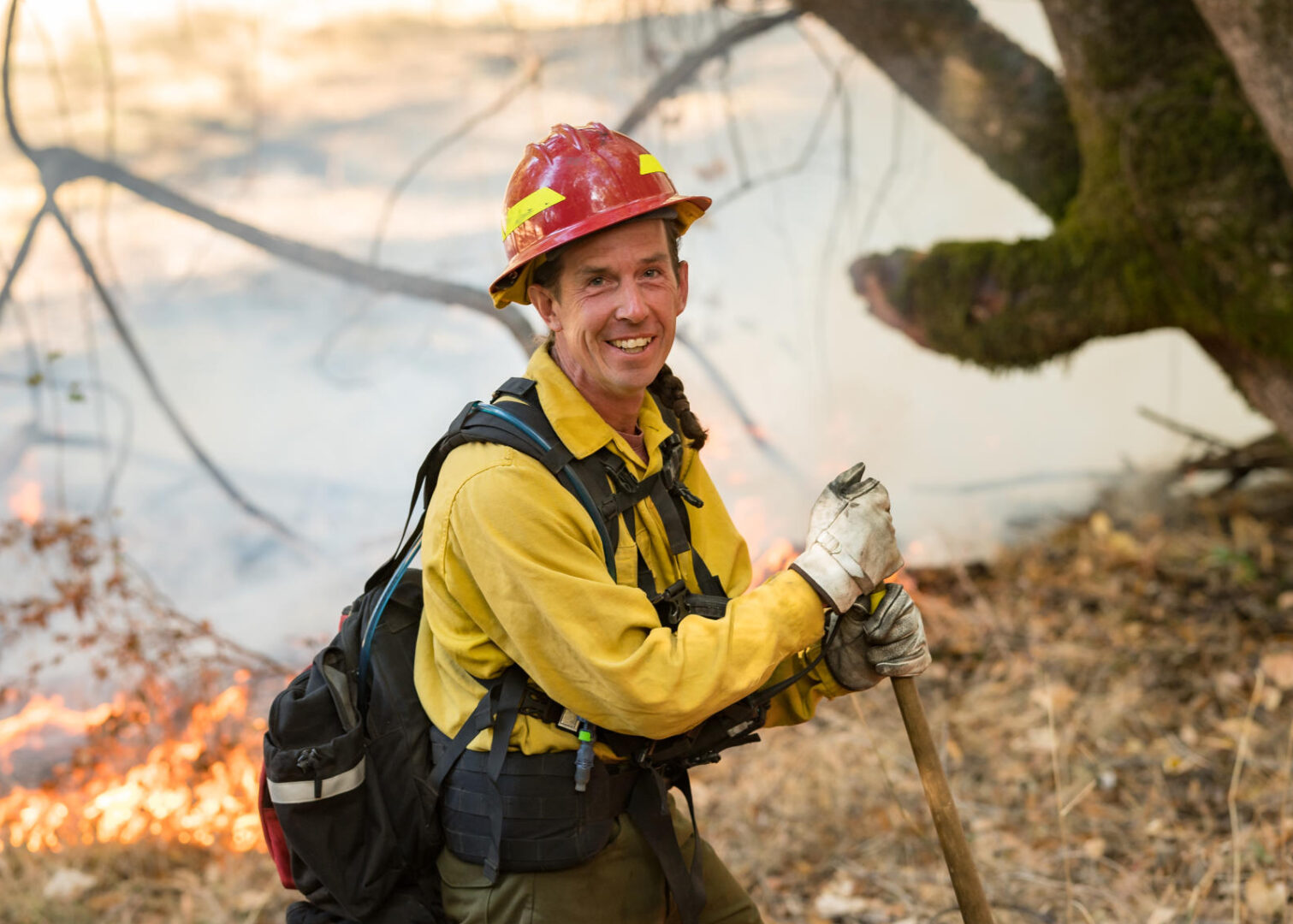
Seth Klobodu
Nutrition and Food Science
With his passion for nutrition and by incorporating statistics and economics into his food science research, Seth Selorm Klobodu is well-suited for his role as the data manager for the Center for Healthy Communities CalFresh Outreach Program (CFO), which supports low-income students relying on CalFresh for food assistance at dozens of CSU, UC, and community college campuses. With a goal of reaching as many hungry college students as possible, he oversees data collection and supervision of students conducting program evaluations.
Klobodu first became interested in nutrition because he knew eating healthy would be a lifelong benefit and because of the dynamic nature of the field. Nutrition science is always changing, and the data is constantly being updated. His research focuses on food security and wellness, and covers topics ranging from DACA-eligible college students in the United States to women’s health and nutrition in Fiji and Ghana. He has conducted numerous nutrition assessments in economically deprived areas and is dedicated to supporting further investment and subsequent slowing down of the intergenerational cycle of ill health, malnutrition, and poverty in Sub-Saharan Africa. During the past three years, he was the author or co-author of six refereed journal articles, four of which were co-authored by Chico State students.
Student success is also at the heart of his work. As a mentor to many students, Klobodu has worked to provide high-impact experiences by offering positions to be co-presenters in his presentations at conferences nationwide. And he continually strives to improve his teaching, by using creative and innovative strategies to engage students in class material while thoughtfully responding to student and peer evaluations. He crafted two courses from scratch—“Nutrition Education” and “Nutritional Epidemiology,” both of which are now key graduate-level curricula.
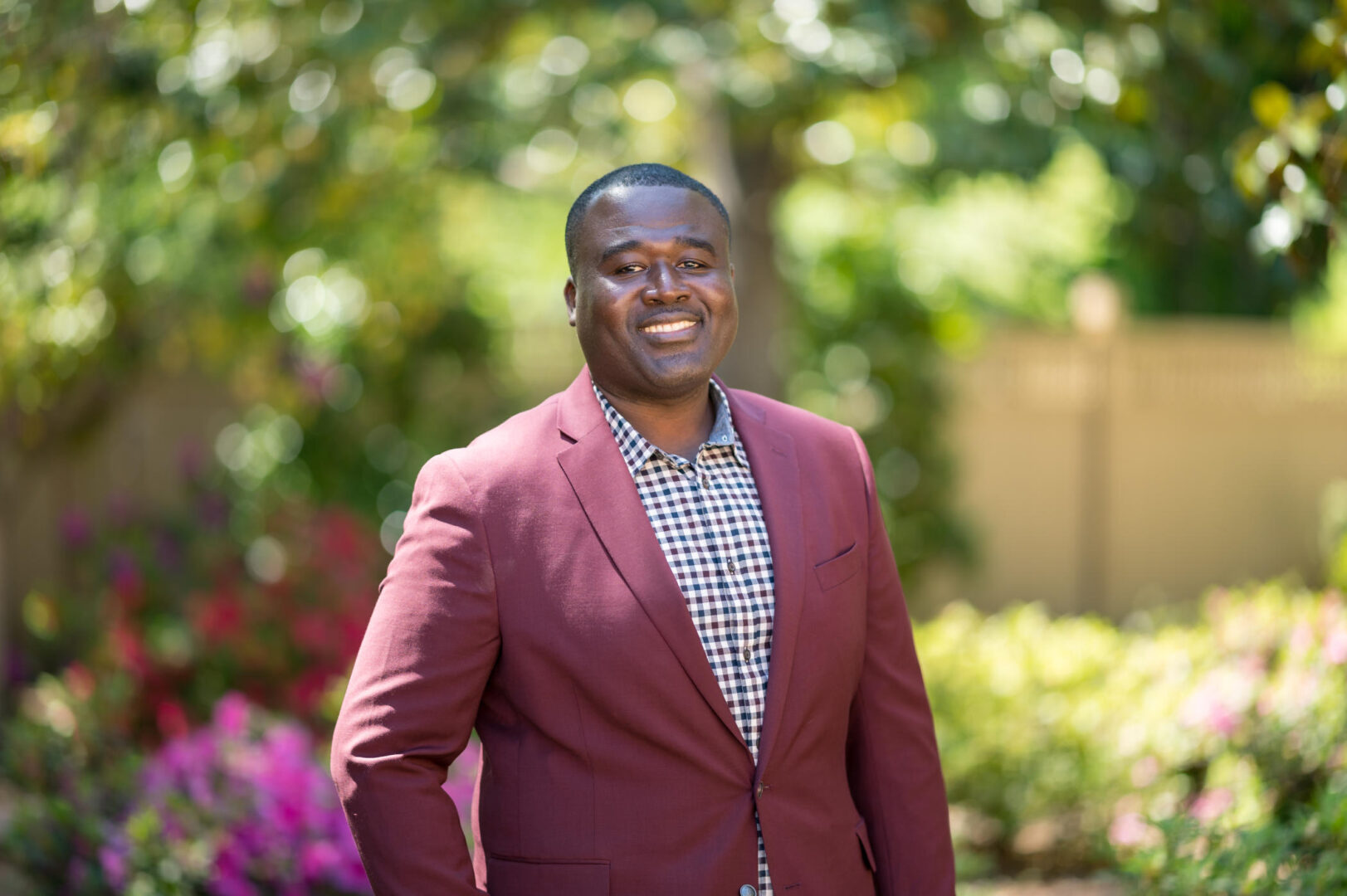
Rouben Mohiuddin
Art and Art History
Rouben Mohiuddin exemplifies the concept of arts as a second responder in disaster scenarios. Whether wildfire or social unrest, extreme poverty, or other natural disasters, his creativity and research have demonstrated firsthand how design, construction and fabrication methods, and methodologies that emphasize sustainable approaches can not only create beauty but function and meet critical needs.
Until 2018, his architecture design work was focused nationally and internationally. He had worked on the SNEHA Foundation Children’s Home in Dhaka, Bangladesh, and an animal-assisted therapy center for the Los Angeles Veterans Administration, among many other projects. But once the Camp Fire destroyed Paradise and other neighboring communities, Mohiuddin embraced service learning as a mechanism to support rebuilding. Shortly after the fire, he began working with his students, engineers, Rebuild Paradise, and others to create designs for a free floorplan library. He oversaw his students in completing six designs and guidelines for rebuilding in fire-prone environments, several of which have been approved by the Town of Paradise, have been put into use by private individuals as well as Habitat for Humanity, and shared with other communities that have experienced devastating wildfires.
“People have this idea that architectural design is big, flashy, and fancy buildings and interiors,” he said. “Sometimes simple designs like this can impact a community. They are humble homes, but they represent hope.” “As future designers of environments, my goal was to instill [in students] a sense of responsibility in the building of their communities. … Good design should be for everybody.”
Meanwhile, their work has been showcased in dozens of publications and exhibitions. In 2022, he helped coordinate the exhibition Fire Transforms with interior architecture students and the Palo Alto Art Center; in 2021, he did an interview with Architectural Record’s DESIGN:ED Podcast; and in 2019, he helped with a culminating exhibition showcasing Chico State, Cal Poly San Luis Obispo, and Montana State University students titled (Re)imagining and (Re)building Paradise. Incorporating students into his scholarly activity, Mohiuddin says, affords them an opportunity to design real-world solutions and accrue hours for professional licensure requirements in their future careers.
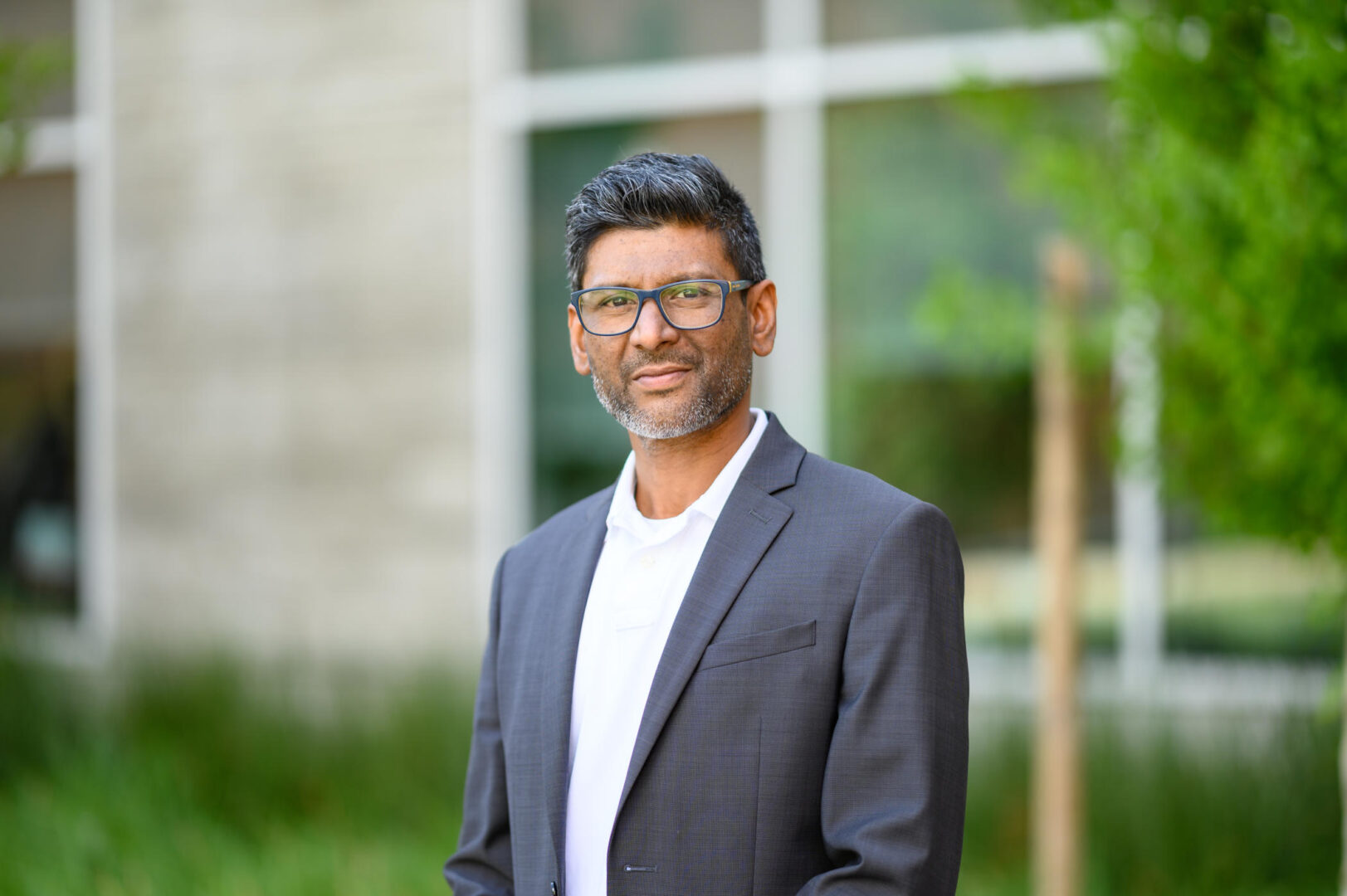
Monica So
Chemistry and Biochemistry
Monica So has a dynamic, multidisciplinary approach to instruction that routinely gives her students opportunities to conduct research and present findings outside the classroom.
Between 2020 and 2022, So secured 19 grants valued at $682,000, which she has used to fund student research and professional development opportunities. This includes a $250,000, two-year National Science Foundation grant titled “LEAPS-MPS: Tunable Hybrid Materials for Studying Charge Transport,” which funds a postdoctoral scholar who works side by side with her students.
At the same time, So constantly finds ways to apply chemistry and physics to challenges in adjacent fields, creating a richer learning experience. For example, in support of an Agricultural Research Institute grant, So and her students collaborated with natural sciences instrument technician Jaydie Lee and physics department chair Eric Ayars to design and build a chamber that tests agrivoltaics devices for the farming industry.
So has added five high-quality peer-reviewed publications to her name in the last five years, which all include undergraduate co-authors. In addition to her cutting-edge chemistry publications, So has a paper in the top chemistry education journal, and over the last five years she has been a speaker and panelist at numerous national conferences. In 2021, her accomplishments and scholarly pursuits led to her recognition as the prestigious Lantis Endowed University Chair, in advance of her research and work studying the removal of organic and inorganic contaminants from water, using metal-organic frameworks.
Beyond her role as an associate professor, So also is an active advocate for equitable learning opportunities. She cofounded Women in STEM (WiS), an interdisciplinary organization that seeks to create community-building opportunities for women faculty, staff, and students at Chico State. And she is a founding member of the forum for energy and economic development (FEED), which led to the development of a solar energy research and education center involving faculty, industry partners, and city administrators.
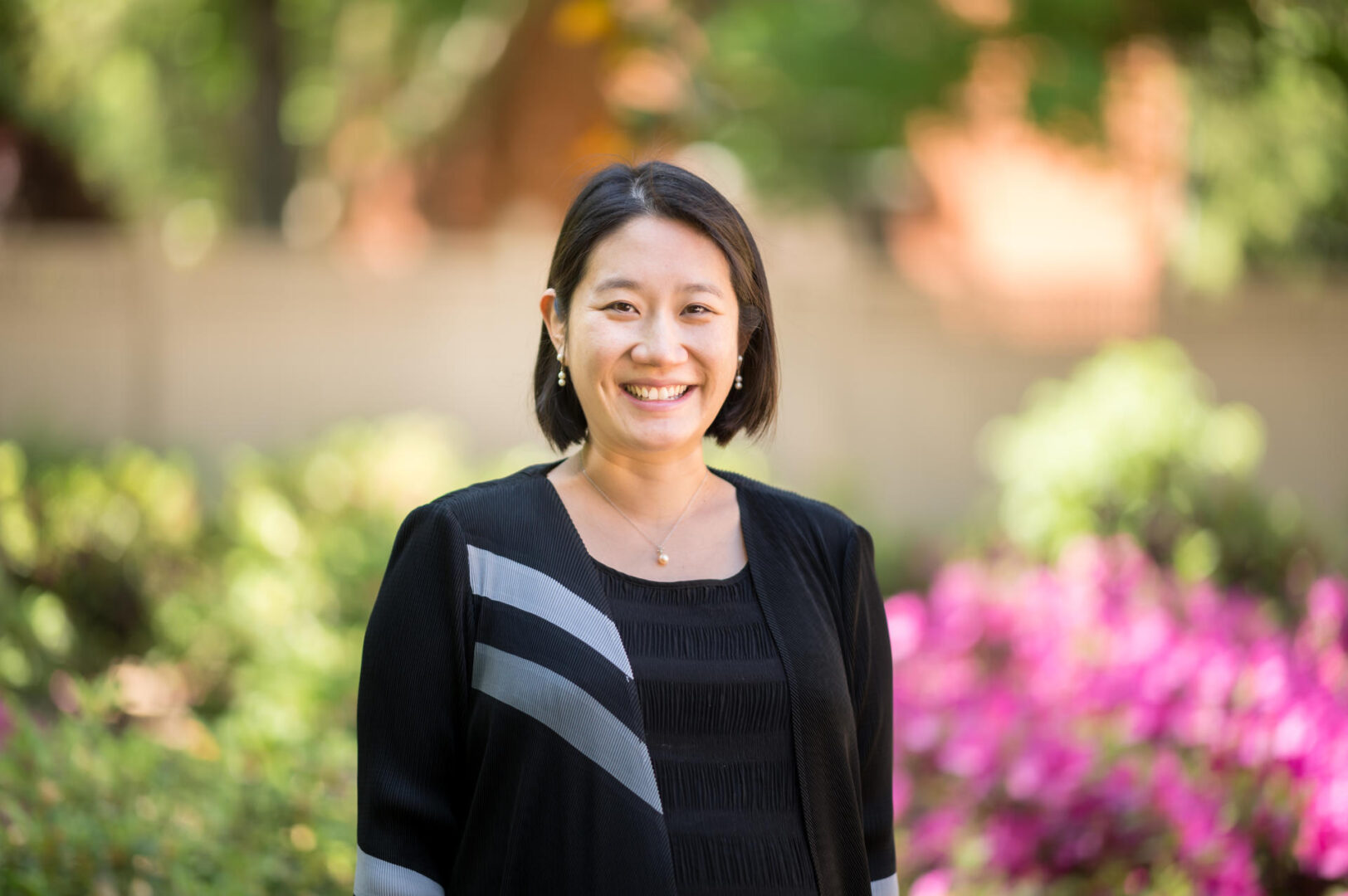
Erin Whitney
School of Education
Inclusivity is at the heart of Erin Whitney’s work. She grounds her pedagogy in disability studies as theoretical framework and universal design for learning as a pathway to enact social change. Through her teaching, the associate professor in the School of Education strives to bridge theory and practice and model the creating of classrooms that affirm diverse identities and meet the needs of a variety of learners. And as a scholar, she focuses in examining inequities and rethinking instructional practices and policies to make schools safer, more supportive and more equitable for marginalized students. In all her work, she dares to challenge conceptions of normalcy in education and making space for students with disabilities, Black and Brown students, and students who resist binary gender norms and expectations.
Her accomplishments in recent years include the publishing of “Inviting discomfort in workshops on supporting LGBTQIA+ students with educators in rural schools” in the Journal of Homosexuality; “Re-envisioning writing pedagogy and learning disabilities through a Black girls’ literacies framework” in the Journal of Adolescent and Adult Literacy; earning an Internal Research, Scholarship and Creative Activity Grant from Chic State Enterprises for a project related to the experiences of preservice teachers with disabilities; and serving as a spotlight presenter at the Council for Exceptional Children with a talk on serving students with exceptionalities from culturally and linguistically diverse backgrounds.
Dean Angela Tretheway notes that Whitney’s commitment to diversity and inclusion as a teacher-scholar “provides a model for us all.”
Whitney has served as a thesis and project advisor to numerous students, been published in many prominent journals, and frequently presents at national and international conferences. She was a co-awardee for the funds to create the School of Education’s Mobile Classroom, served as a team member on the plan and curricula for the undergraduate Integrated Teacher Education Planning Grant, and is a mentor-mentee through the California Council on Teacher Education and Literacy Research Association. In fall 2021, she was selected to serve as Chico State’s representative to the CSU Faculty Council for the Center for the Advancement of Reading and Writing. She’s also facilitated professional development in local schools on supporting transgender and gender-expansive students in collaboration with Stonewall Alliance.
